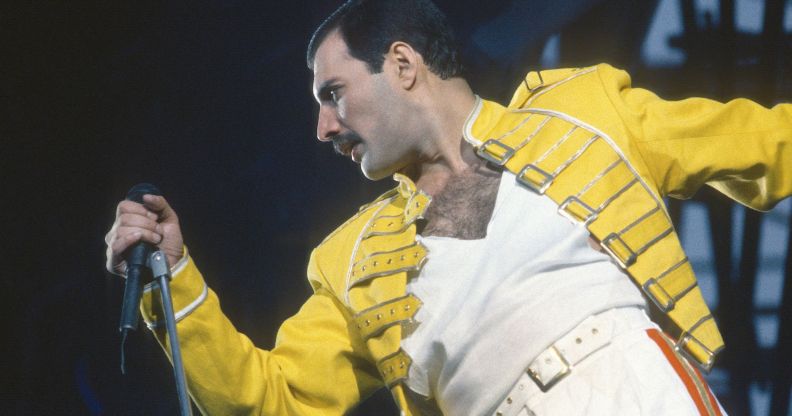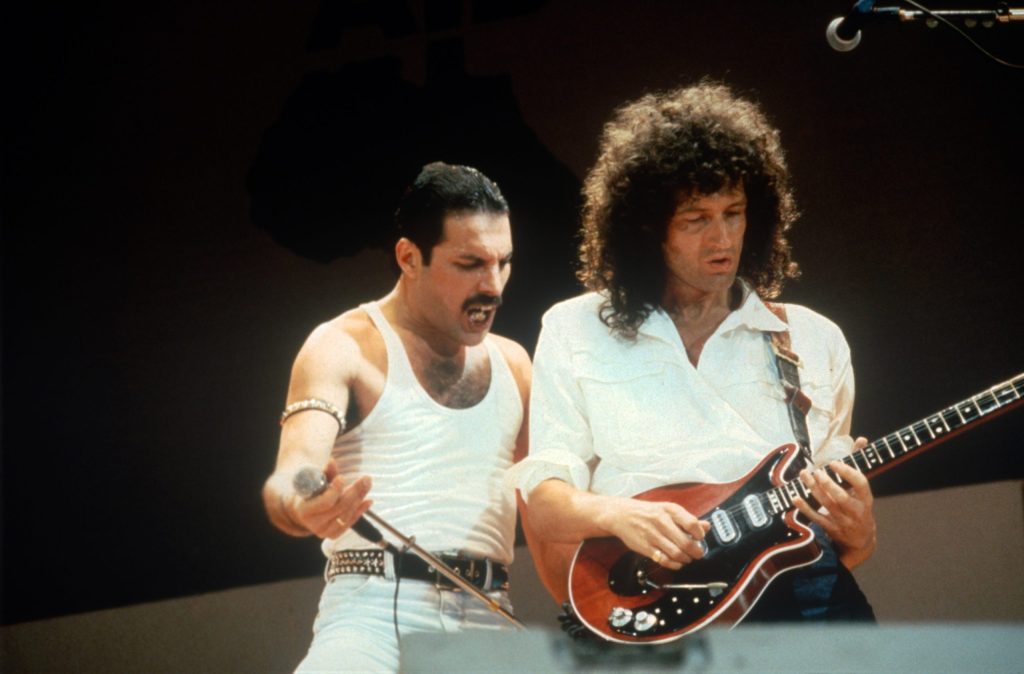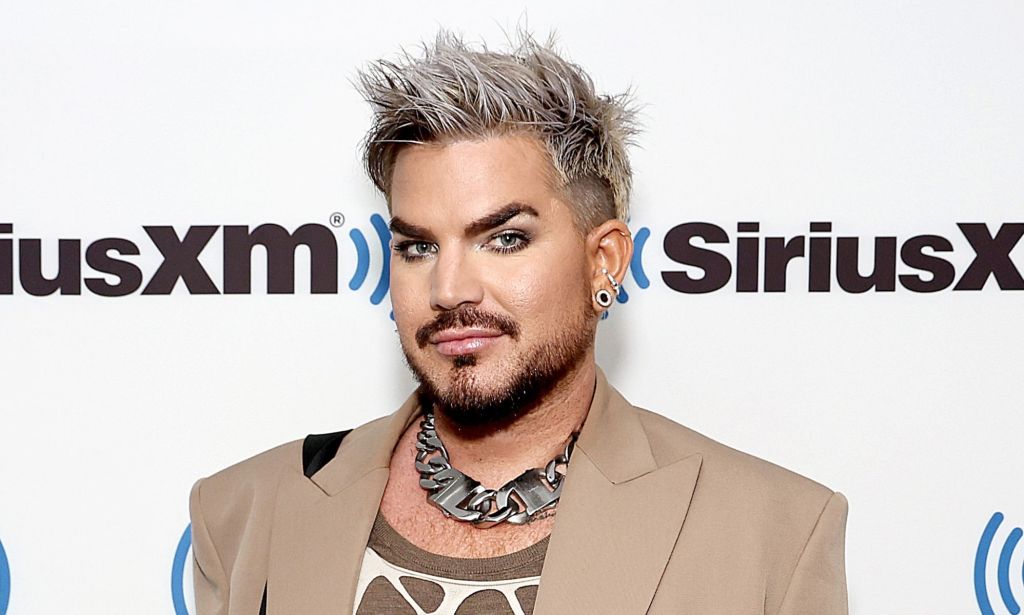Queen’s Brian May says calling Freddie Mercury ‘queer’ would’ve ‘upset’ him

Brian May and Roger Taylor talk Freddie Mercury’s queerness in new ITV doc. (Getty)
Brian May and Roger Taylor talk Freddie Mercury's queerness in new ITV doc. (Getty)
Queen stars Brian May and Roger Taylor have discussed Freddie Mercury’s sexuality, and the homophobia the chart-topping band faced.
Speaking during ITV documentary Adam Lambert: Out, Loud & Proud, lead guitarist May and drummer Taylor reflected on Mercury’s life.
“The vocabulary has changed a lot. Queer was a word you wouldn’t want to use. I would never have used it to Freddie, and he would have been upset if we had,” May said.
“He would’ve said: ‘I’m not queer, I’m normal, darling’, because queer meant odd and weird.
“It’s hard for us to talk about Freddie as a queer musician,” May added. “He would say: ‘I’m a musician darling. That’s all I want to tell you’.”

Mercury, who was recently named the UK’s all-time greatest queer icon in a Pride month poll, died in 1991 aged 45, from an Aids-related illness. May and Taylor went on to disclose how he had been “very worried” about the disease.
The epidemic led to a stark increase in political and media homophobia, something the band felt.
May shared his thoughts on how the band’s music hinted at Mercury’s queerness, even if the star never publicly confirmed it. “I think there’s more in Freddie’s music than people realise. I think there’s still stuff to find.”
Lambert then suggested that the trio had previously discussed whether 1974 song “In the Lap of the Gods” is about sexuality.
“The most obvious [example of homophobia] is MTV not playing the video [for] ‘I Want To Break Free’,” Taylor claimed. “It was a joke. It was meant to be a parody of a very famous soap opera in the UK.”
For May, the band’s experience of homophobia was more obvious in tracks that never became hits in the US.
“There’s a whole sequence of hits that were massive all around the world but not in the United States. We didn’t get a hit until Freddie [was] gone,” he said. “I remember Freddie saying: ‘We won’t get the States back until I f***ing die’.”
Suggesting it was because homophobia was thriving in the country, Taylor added: “And he didn’t want to tour America.”
Reflecting on where Mercury would be now if he was still alive, Lambert shared his hope that the flamboyant frontman would have reached a point where he felt able to be open about his sexuality.
“I would have loved that for him, to be able to exist in a society that wasn’t as judgmental and wasn’t as homophobic, and for him to have had that liberation.”
Lambert became Queen’s new lead singer full time in 2012.

During the documentary, Lambert was also seen speaking to fellow queer music stars MNEK and Erasure’s Andy Bell about how artists such as Elton John and George Michael shaped the industry.
The programme also included a segment with Pose star and history-making Emmy-winner Michaela Jaé Rodriguez about how the homophobic tropes of the 80s are now being used against the trans community.
Adam Lambert: Out, Loud & Proud is streaming on ITVX now.

